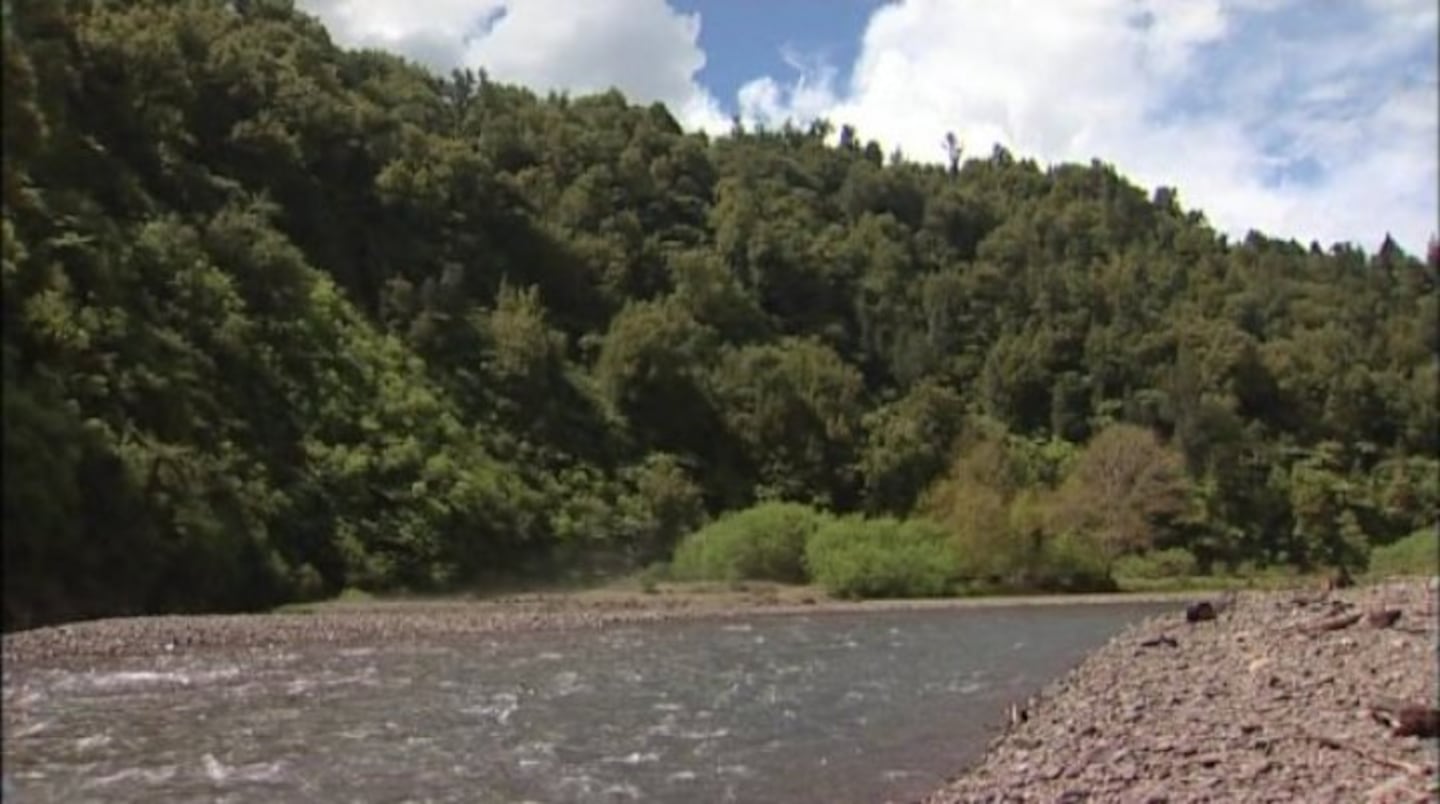Auckland High Court Justice Matthew Downs has ruled the destruction of Department of Conservation backcountry huts in Te Urewera in late 2022 and the burning and removal of the huts was unlawful.
The court was considering an application by Wharenui Tuna of Tūhoe, who objected to the destruction of Department of Conservation backcountry huts in Te Urewera in late 2022.
A total of 29 huts were burned down at the direction of Te Uru Taumatua, the post-settlement governance entity for Tūhoe, responsible jointly with DoC for the operational management of Te Urewera.
The destruction of the huts followed a decision of the Te Urewera Board to decommission DoC infrastructure within Te Urewera.
Conservation director-general Penny Nelson supported the decision to demolish the huts.
In November 2022 Tuna obtained an interim injunction to prevent the destruction of further huts pending the court’s full decision on the challenge.
Te Uru Taumatua denied responsibilty
At least 10 further huts were burned down following the interim injunction.
Responsibility for the arson has been denied by Te Uru Taumatua, and was referred to the police.
Justice Matthew Downs found the decisions and actions of Te Uru Taumatua and the director-general were unlawful in some areas.
The judgment found Te Uru Taumatua and the board acted contrary to Te Urewera Act in failing to act so that far as possible:
- the indigenous ecological systems and biodiversity of Te Urewera were preserved,
- Tūhoetanga, which gives expression to Te Urewera, was valued and respected, and
- freedom of public entry and access to Te Urewera was preserved.
Loss of biodiversity huts
The judge referred to evidence in support of Tuna’s case, including affidavits of former DoC officers who provided affidavits about the effects of the loss of “biodiversity huts” (huts used as bases for conservation work, including the trapping of predators to protect endangered indigenous species including kōkako, kiwi, kākā and whio).
These species had been able to flourish due to efforts by DoC to keep areas identified as core conservation areas free of possums and other pests.
Ani Assen, a pest control contractor, who had worked in Te Urewera for 14 years, had also given evidence, saying her contract had been terminated by Te Uru Taumatua due to lack of accommodation for trappers to work from, after the destruction of the biodiversity huts.
Assen said “the removal of the huts is very upsetting. The result is that we are going to end up with a skeleton bush with pests and very, very few birds left.”
In the judge’s view, even at the time of the hearing (over a year after the decision to destroy the huts), there was no documented plan to replace the hut accommodation in Te Urewera.
The judge also found Te Uru Taumatua acted unlawfully by demolishing the huts without having an annual operational plan, and that both Te Uru Taumatua and the director-general acted unlawfully by failing to prepare an annual operational plan for the past two years, as they were required to do by the legislation.
Further, a post-hoc attempt to rectify the situation with an annual plan prepared after the expiry of the relevant year was a “striking example of reviewable error” by the director-general.
‘The opportunity to connect’
The judge deferred his decision on relief (declarations or other remedies that should be granted), with the parties to file submissions in the new year.
Tuna said he was delighted with the court’s decision and felt vindicated in his challenge to the actions of all three respondents.
His evidence included that his Tūhoetanga was affected by the destruction of the backcountry huts which had long provided shelter and a means for him, his whānau and hapū to connect with Te Urewera.
“Knowing that the huts are there gives us the opportunity to connect with Te Urewera, to stay in Te Urewera, to spend time and reflect, giving us the opportunity to take our tamariki into Te Urewera to transfer inter-generational knowledge and to encourage our tamariki to make that same connection and appreciate their whakapapa and history,” Tuna said.
Further development: transitional shelters
An online newsletter from Tūhoe Te Uru Taumatua on May 17, 2023, said plans for transitional shelters in Te Urewera were underway at Waikare Junction and Ngahiramai. A Waimana location was also being negotiated. The article stated the portacom buildings could sleep six and included kitchen facilities and covered decking.
Since the High Court hearing, the area has experienced a lot of extreme weather, which may have affected replacement.


